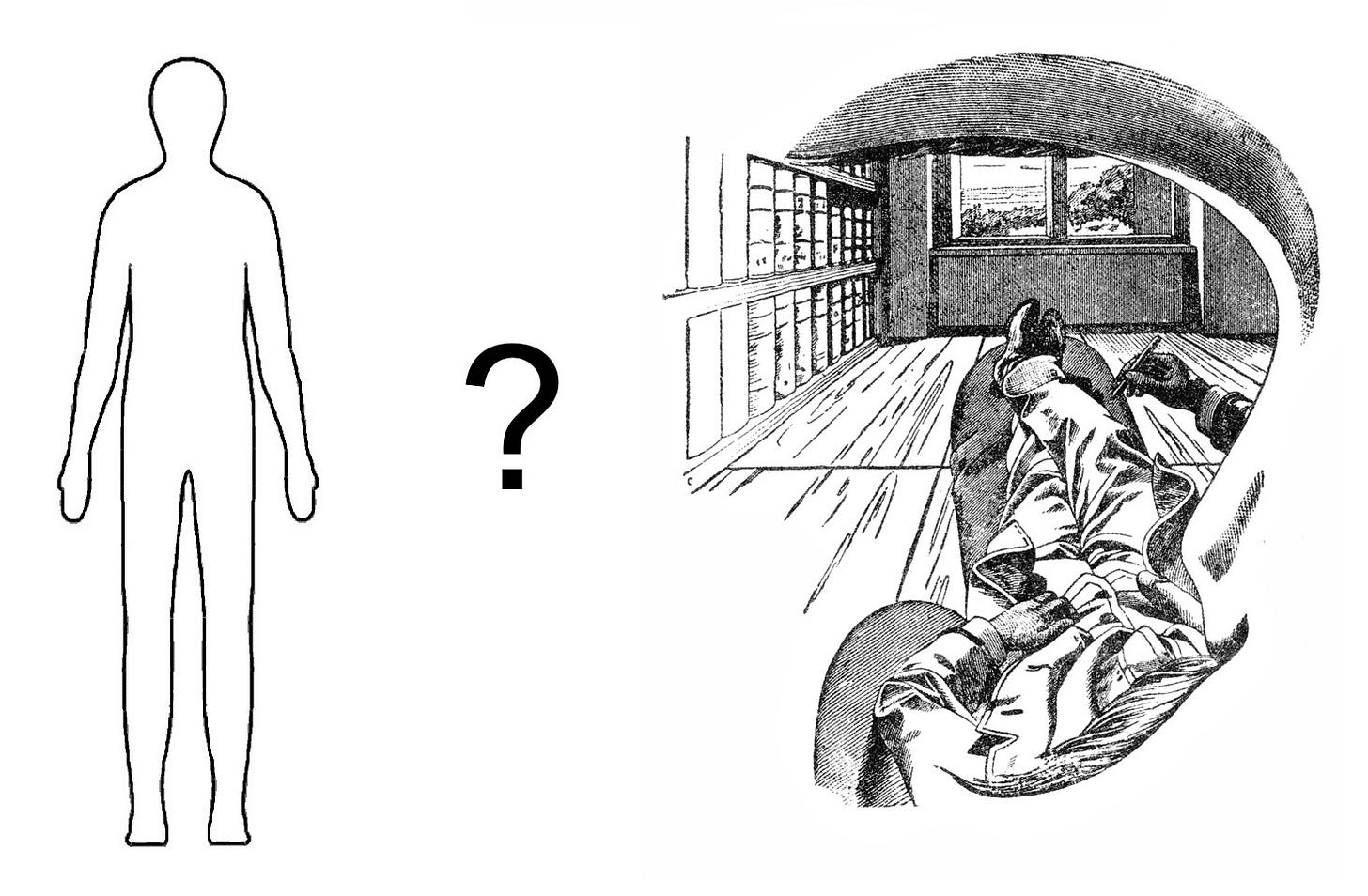Val Plumwood, Ernst Haeckel, and Dualism Blaming
A post about the strange scholarly tradition of dualism-blaming drawing on Plumwood's Feminism and the Mastery of Nature
Today is the 21st anniversary of Val Plumwood's classic book, Feminism and the Mastery of Nature. So, here's a post about the scholarly tradition I call "dualism-blaming", taking Plumwood's book as a case study.
Plumwood's book is a major exposition of "ecofeminism". It is also an example of the academic practice of blaming everything bad on "dualism". Here's a summary of Plumwood’s argument, and why I am not convinced.
Plumwood argues 1. soul-body dualists treat soul as superior to body. 2. dualists associate the superiority of soul to body with the superiority of master to slave, coloniser to colonised, male to female etc. 3. soul-body dualism is therefore part of a web of evil dualisms.
The idea that soul-body dualism is part of a web of evil dualisms that structures Western thought does not originate with Plumwood. It goes back at least as far as Ernst Haeckel (1834-1919), pioneer of the German Monist League. But why should we accept this idea?
The claim that dualists regard soul as superior to body is correct of most historical dualists. E.g. Plato (influenced by Indian thought) saw embodiment as a misfortune. Christian dualists are more positive about the body, but still tend to regard the soul as more important.
Plumwood’s claim that historical dualists situate the superiority of soul to body in a web of evil dualisms –along with the superiority of master to slave, coloniser to colonised, and so on – is much less convincing.
Plumwood’s evidence for this web of dualisms is pretty weird. Plato’s cave allegory represents women as inferior because the cave is like a womb. Dualists like classical logic because the classical notion of negation encodes a ‘radical exclusion of the alien other’. Really?
In some cases the evidence is simply absent. For example, Plumwood claims without argument that Plato has no conception of ‘a common human nature in contrast to non-human nature; slaves, for example, are little different from animals.’
And yet, Plato’s Phaedrus explicitly identifies humans as the unique bearers of the rational faculties explained by his theory of recollection, and his Meno famously has Socrates support that theory by demonstrating the presence of those rational faculties in Meno’s slave.
And why throw Plato’s soul-body dualism together with his alleged affirmation of the superiority of master to slave, male to female etc. but not the superiority of justice over injustice, philosophers over tyrants etc. re which Plato is much more explicit and emphatic?
Gregory of Nyssa’s soul-body dualism did not prevent him from making a moral stand against slavery that has no parallel in the ancient world. On the contrary, Gregory appeals to the soul-body distinction in making his case.
Mary Astell’s soul-body dualism did not prevent her from making a stand against female subordination that has earned her the title of the first female English feminist. Astell invoked Cartesian dualism as part of her argument.

Meanwhile, Haeckel’s monism did not prevent him from championing scientific racism and eugenics. There is, in fact, a well-known case for thinking that the work of the German Monist League assisted in the rise of Nazism.
Neither did Stalin’s materialism prevent the atrocities of the Gulag and the Holodomor, nor Chairman Mao’s the horrors of the Great Leap Forward and the Cultural Revolution. Plumwood’s anti-dualist narrative is nourished by a diet of one-sided examples.
If you look for a pattern everywhere, you are likely to find it whatever the evidence. All the more so if you treat the pattern as a ‘deep structure’, ‘buried’ beneath the surface. I suspect Plumwood’s web of evil dualism is a product of illusory pattern perception.
Finally, suppose we did have evidence that, historically, soul-body dualism has had a place in a web of “dualisms” every other member of which is objectionable. This still would not show that there is anything wrong with the soul-body distinction itself.
Of course we reject the superiority of master to slave, coloniser to colonised and so on. But before we reject the dualism of mind/soul and body, we have to consider the arguments in its favour – arguments Plumwood never discusses.

There is much to say in favour of Plumwood’s book. It is impressively erudite, wide-ranging, imaginative, and well written. But like so many attacks on dualism in contemporary thought, Plumwood ignores the real profundity of the mind-body problem.
Plumwood is only one of *many* scholars, representing all kinds of fields and schools who uphold the strange tradition of dualism-blaming. I write more about this in my book about the mind-body problem.










Ah, lovely. Didn't know someone had already dedicated a great deal of thought to "dualism-blaming." I've never noticed any necessary connection between dualism-s and unfelicitous events, but it seems to be an idea endemic to some areas of theology, feminism, etc. I find dualism has much better cards for respecting differences between various modes of life than monistic systems. I'll check out your book.
Haeckel will never be forgiven for those damned embryo drawings. If he thought he had a soul he probably wouldn’t have been so eager to perpetrate such an egregious fraud.